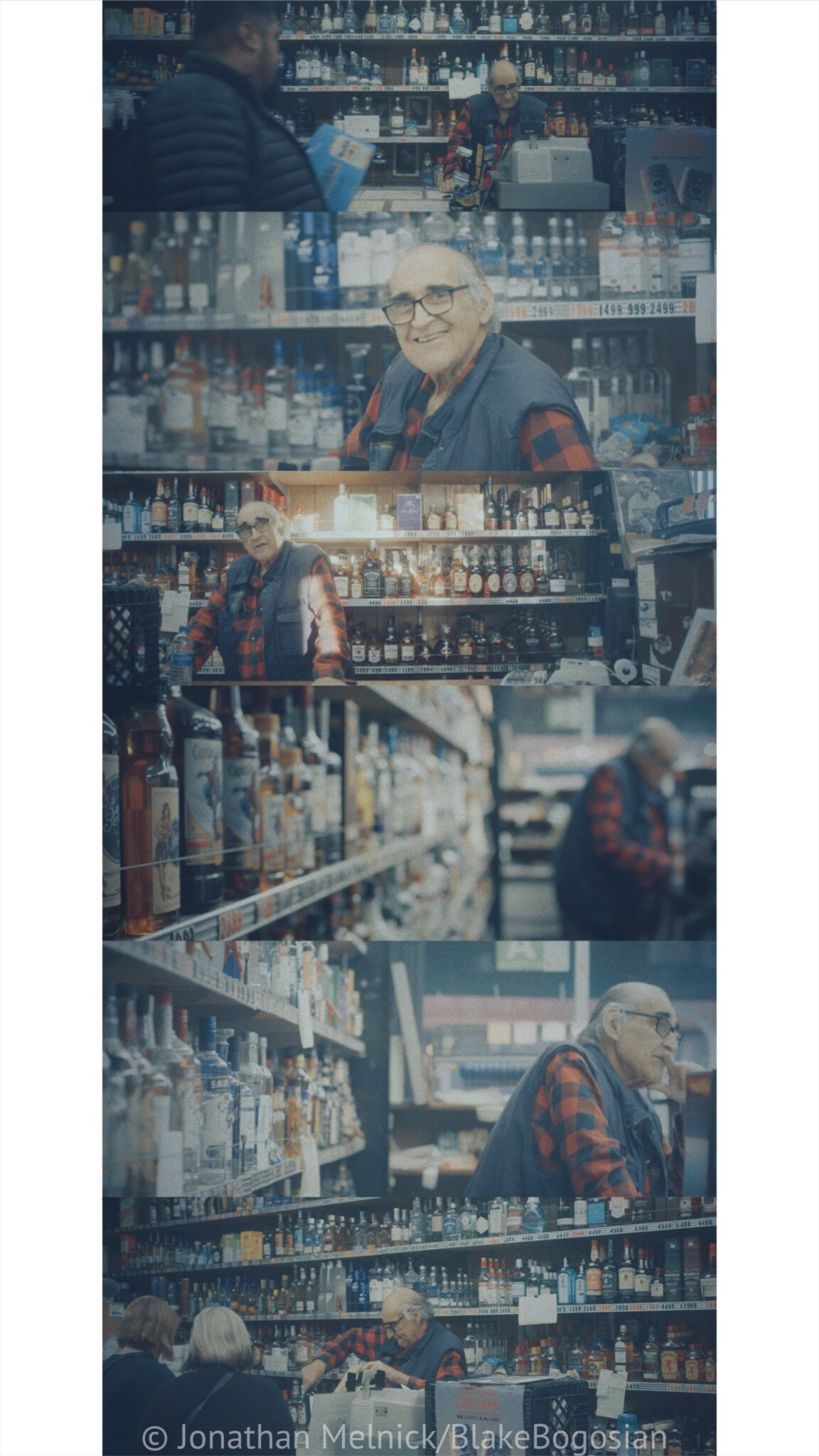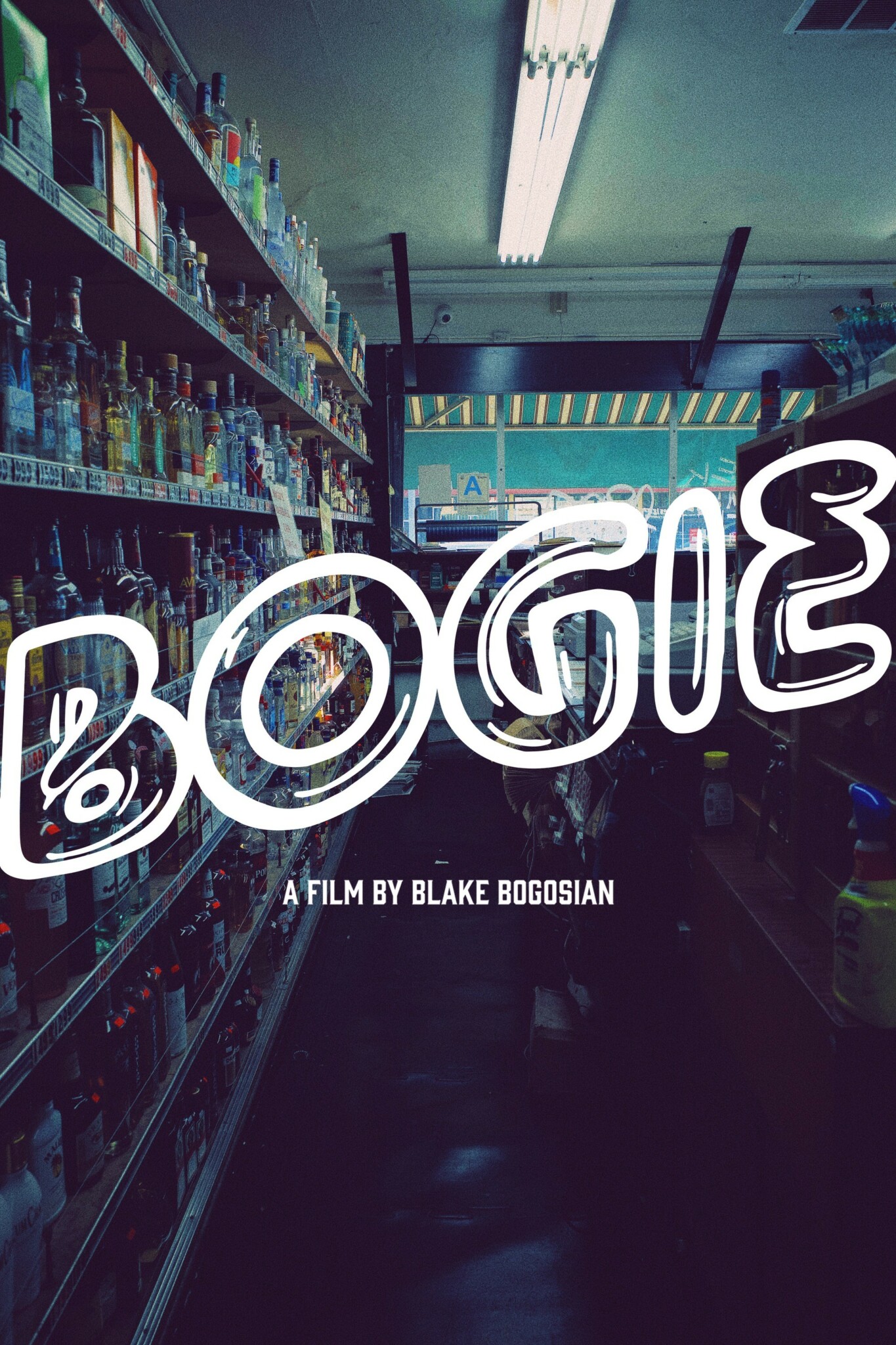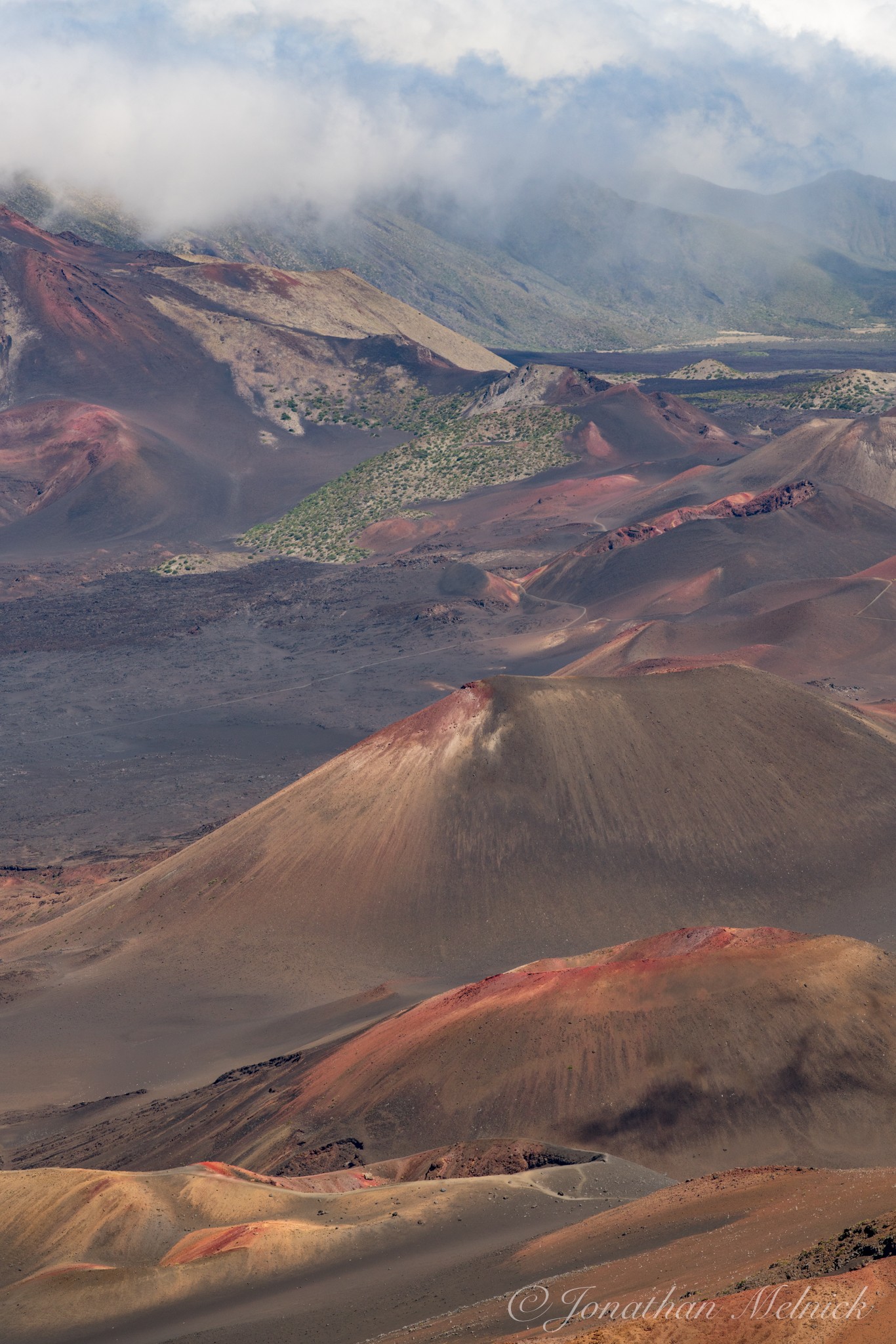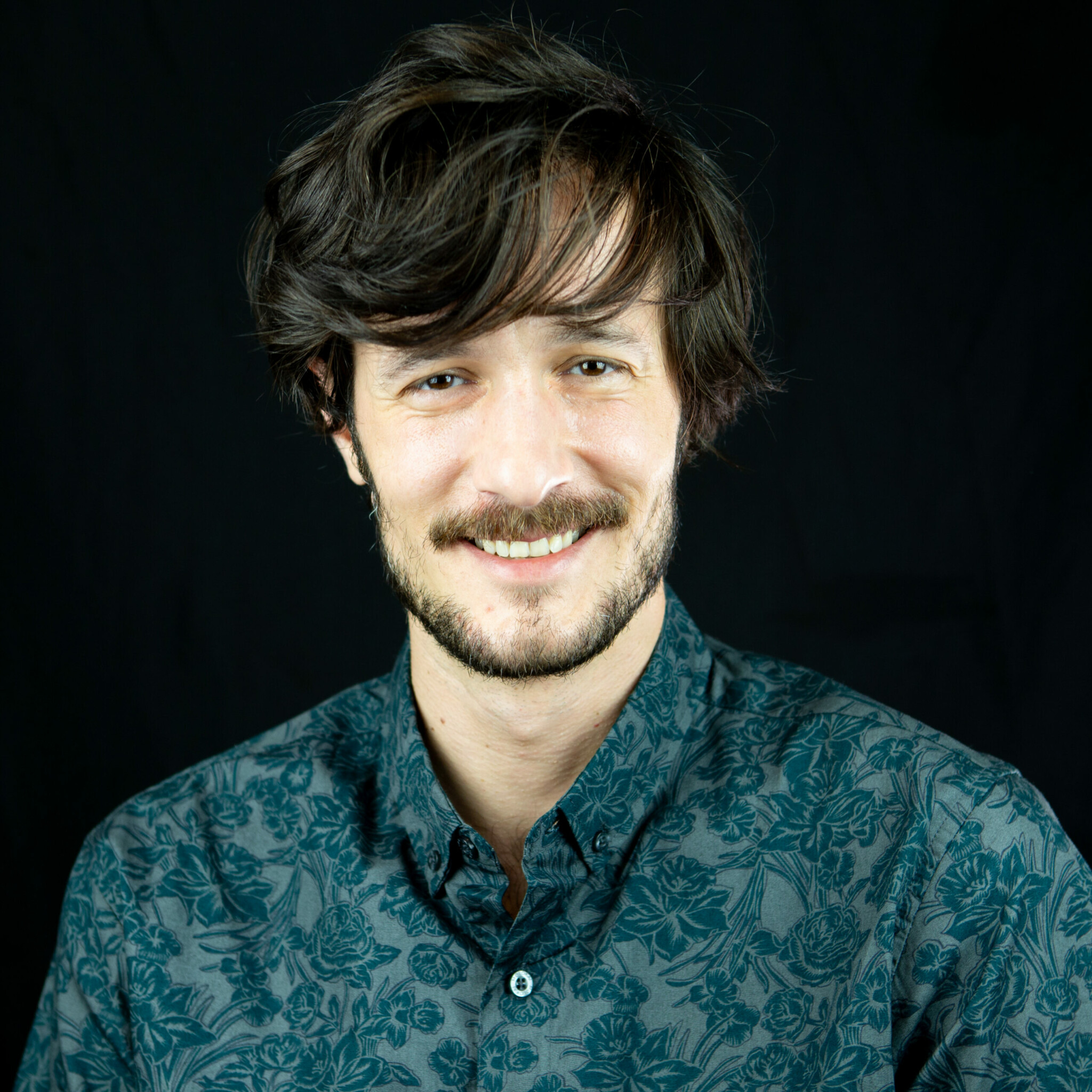We recently connected with Jonathan Melnick and have shared our conversation below.
Jonathan, appreciate you joining us today. We’d love to hear about a project that you’ve worked on that’s meant a lot to you.
I am currently a couple of years into producing a documentary with my best friend Blake about his father Beau, or Bogie. Blake and I met during a summer film workshop at Cleveland High School about twenty years ago. He and I were the editors of the student film, and we spent the whole summer immersed in its production. We developed a friendship that has managed to endure to this day. After high school, Blake went to The Academy of Art in S.F., and I took a less direct path of becoming self-taught. We always talked about one day creating something meaningful together. Enter Bogie, the culmination of a nearly lifelong friendship coming full circle to its origins in filmmaking.
Bogie is not about a professional athlete or any other type of celebrity and is not someone riled with controversy. So, why make a movie about a person with a seemingly ordinary life? Well, looks can be deceiving, and when discussing human beings, what may appear ordinary is often extraordinary. Bogie is an intimate portrait, a window into a man’s steadfast pursuit of the American dream. He is a veteran of war, a father, a grandfather, and one of the most reliable people one could meet. Beau has served his community at the same corner liquor store in Hollywood for over fifty years. Bogie’s Liquor is part of this man’s identity, so when he was diagnosed with heart failure, both his life and the store’s future had become cast into a shadow of uncertainty. Blake decided he wanted to make a film that would preserve his father’s legacy. It has been a means for Blake to understand his father better and a way for their family to cope with the difficulty of facing his mortality. Beau has come a long way since we started the film, and his story is far from over. This film promises to be endearing and deeply inspirational. We aim to finish by this September on time for submission to Sundance.
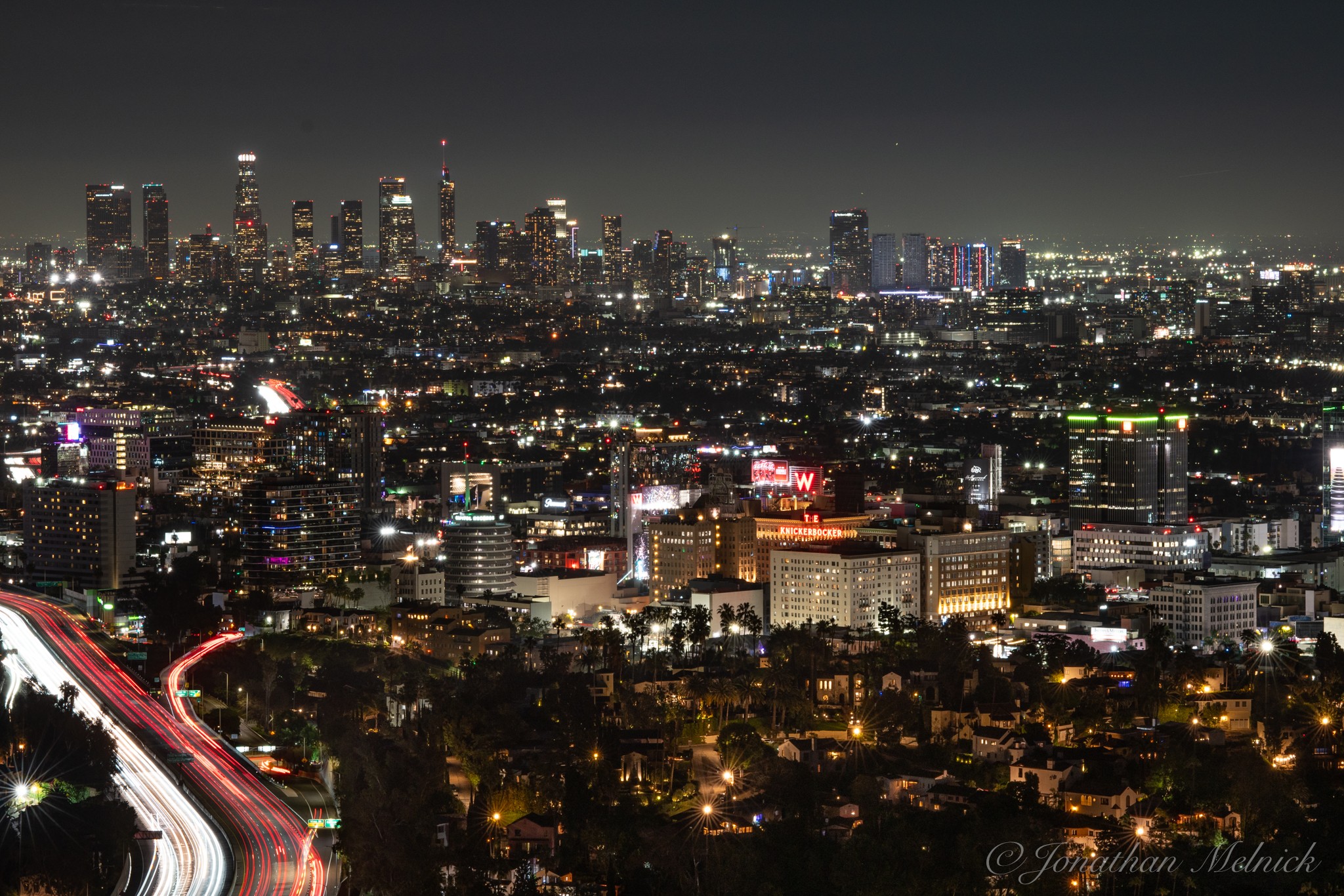
Jonathan, love having you share your insights with us. Before we ask you more questions, maybe you can take a moment to introduce yourself to our readers who might have missed our earlier conversations?
One could characterize me as a multipotentialite. Being as such could be seen as either a blessing or a curse. On one hand, I have been able to develop a variety of talents. While on the other hand, I have a lust for learning and discovery that is often insatiable. When a subject piques my interest, I become compelled to dive in and learn everything I can about it, at times with near obsession. As a result, I taught myself pen and ink drawing, acrylic, watercolor, and gouache painting, and most recently, I have been learning to build and repair guitars. I could go on and on, believe me. Occasionally, I need to check myself and be careful not to let hobbies distract me from my primary focus, which has always been photography and videography. To me, a camera lens is an almost mystical object, like a crystal ball, enabling us to interpret and reflect on the world and providing a means to confront things like the human condition, the meaning of identity, being a member of society, and having a relationship with the natural world. Most importantly, they offer a venue for us to tell the stories that help us weave the fabric of our realities. I try to bring my sense of passion and reverence for storytelling to every project I work on.
I do photography or cinematography for various projects, such as short films, documentaries, and live events. With my photography service, I specialize in portraiture, events, documentary, and time-lapse. My favorite genres are landscape and portraiture and some of my favorite photographers are Ansel Adams, Edward Weston, and Steve McCurry. I emphasize good lighting and am skilled with strobe, natural, and mixed lighting. As for video production, I’m familiar with many popular cinema cameras and can squeeze quality out of whatever camera system the client desires. With personal projects, I shoot with my Red DSMC2 camera. I ensure color accuracy and maintain strict file management and redundancy. Having a strong familiarity with the tools of the trade, I can provide turnkey solutions for smaller productions or work with a rental house to tailor a package that suits its needs. I strive to help my clients meet their creative goals and try to surprise them by exceeding their expectations.
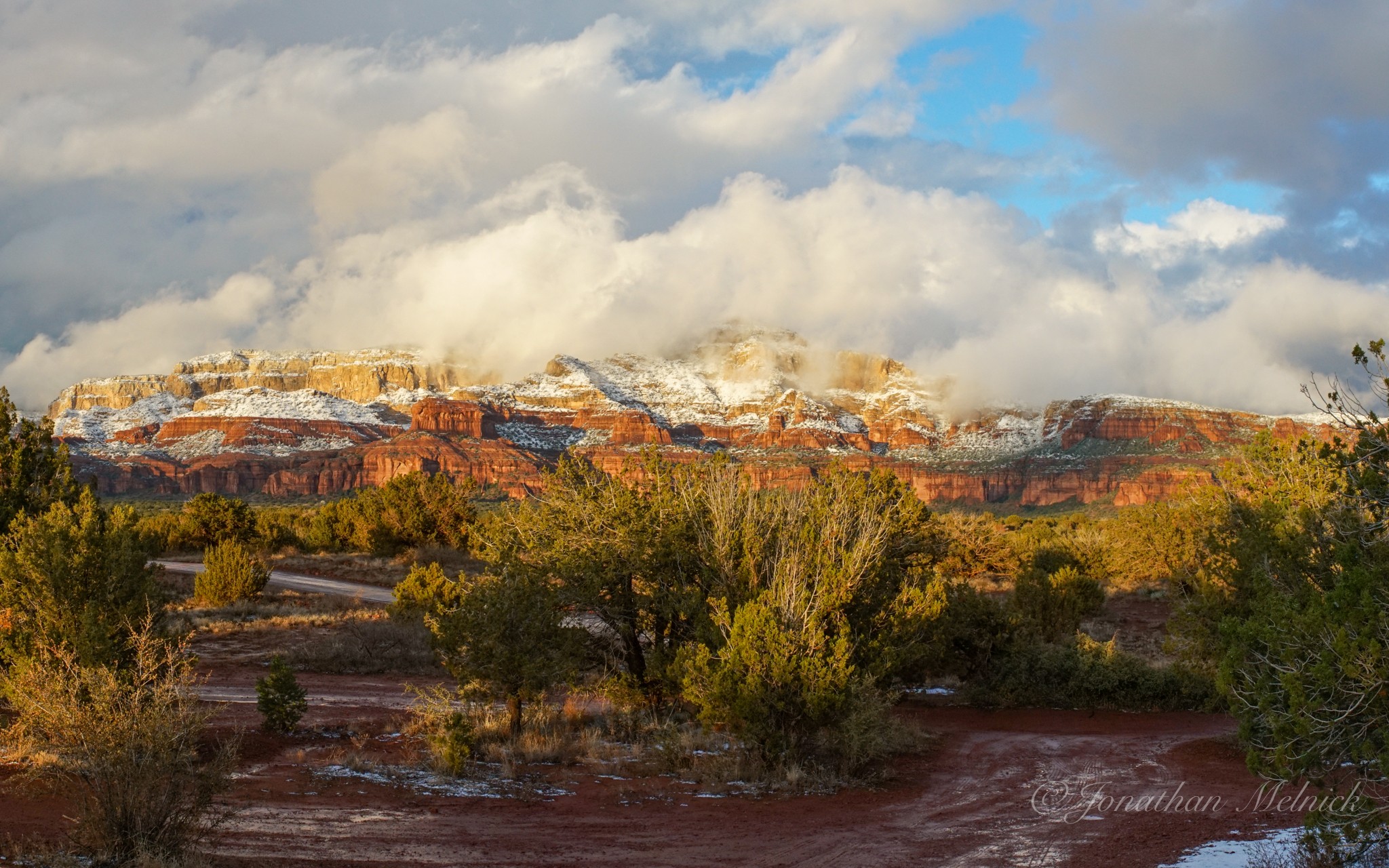
What can society do to ensure an environment that’s helpful to artists and creatives?
Any number of things. For one, I think artists (as well as workers in many other industries) need more protection from the threats posed by AI. That’s not to say I don’t believe AI can benefit society, but that it needs to be more regulated by governments, especially regarding the potential to displace workers. We need more residency programs and for them to be more accessible. I’ve seen residencies where the artists have to pay exorbitant sums of money to participate. I think that defeats the purpose unless I’m missing something. We also need more grant programs. If people want to prove they appreciate art, maybe they should consider donating to non-profits rather than spending huge sums on overvalued art. That’s all I’ve got right now.
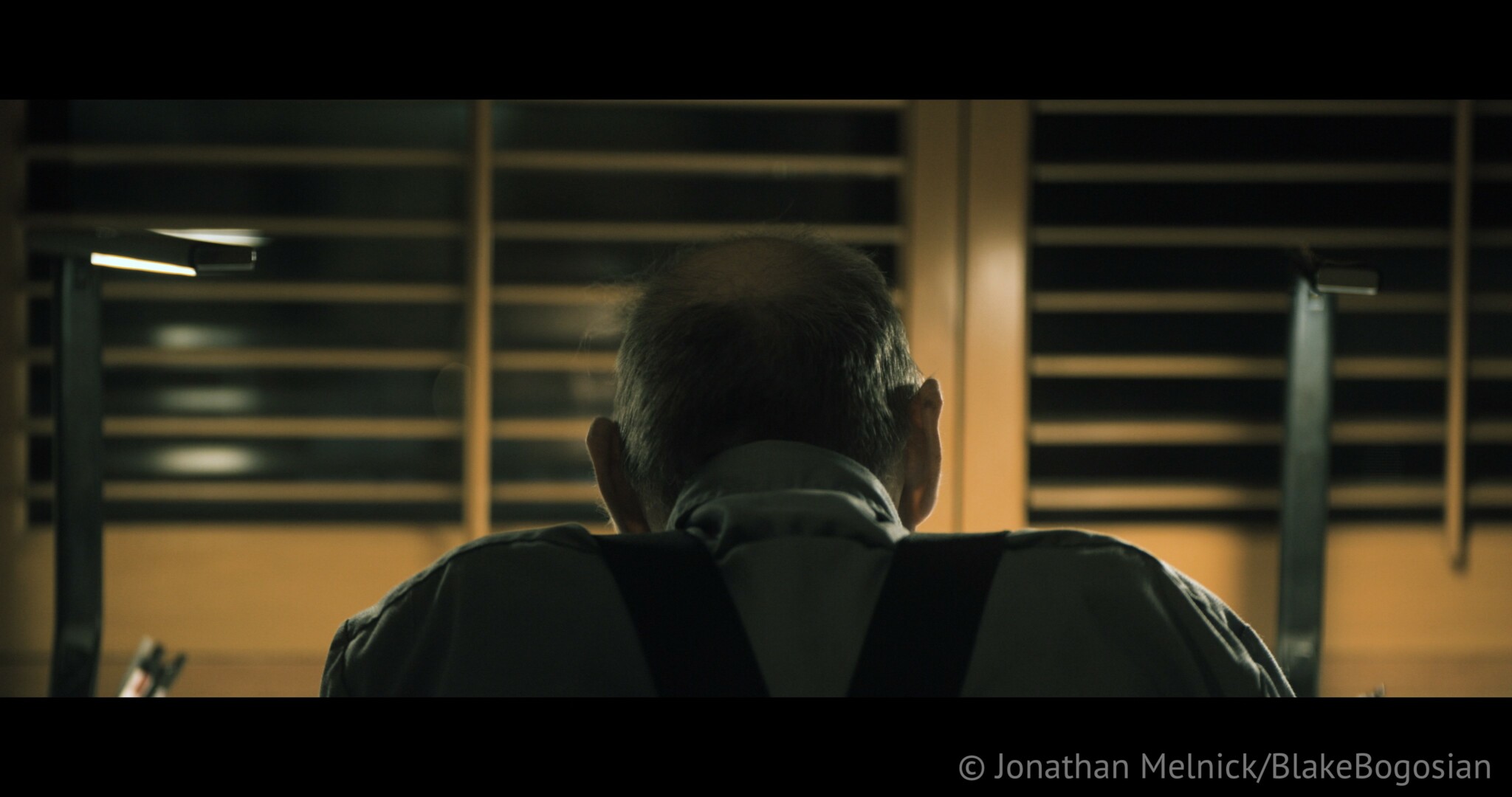
Looking back, are there any resources you wish you knew about earlier in your creative journey?
There is a program in called Hollywood CPR that offers entertainment career training. Through help from their partners, they can assist participants with getting into the unions. They have programs for grip, lighting, camera, and editing. CPR is invaluable to people who want to get into the business. It is associated with West LA Community College and offers a path into the industry in less time, and lower cost than a four-year degree.
Contact Info:
- Website: https://jonathanmelnick.myportfolio.com
- Instagram: https://www.instagram.com/melnicksworld/?hl=en
- Yelp: https://www.yelp.com/biz/jnm-photo-los-angeles
